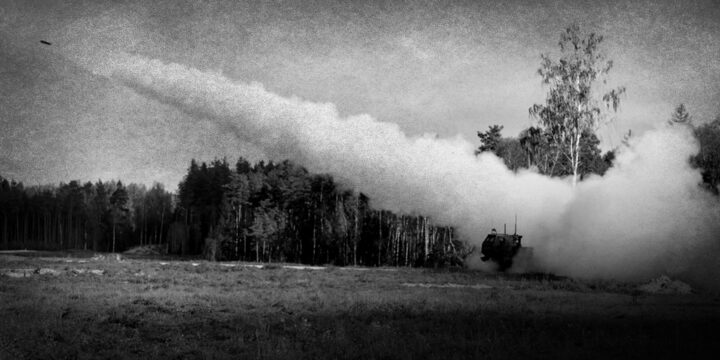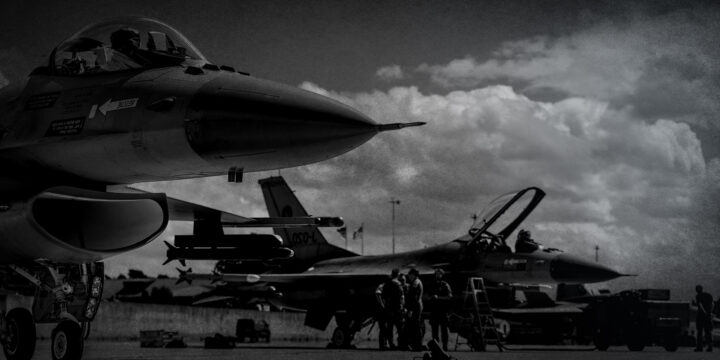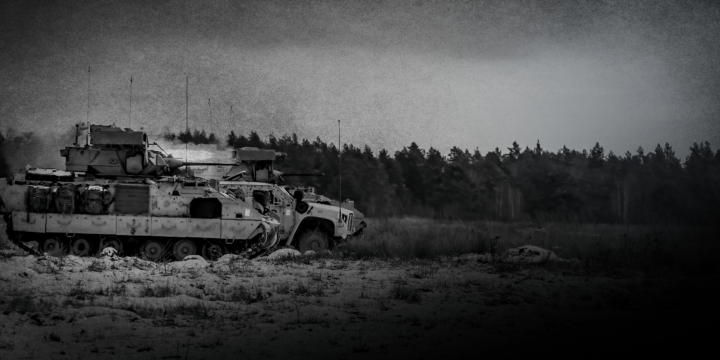January 13, 2025
Putin’s victory will be a hollow one
By Rajan Menon
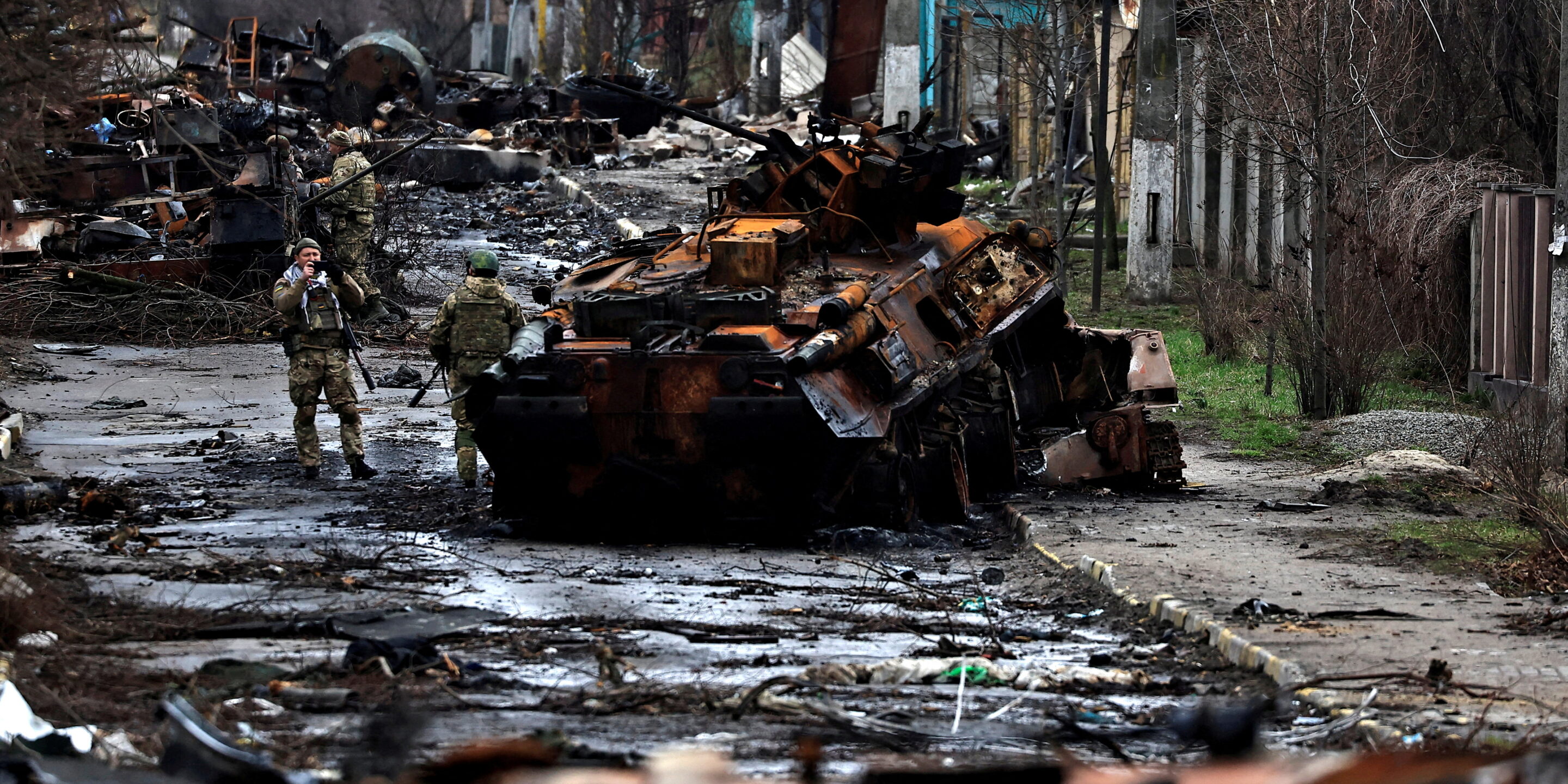
From its outset, Russia’s February 2022 full-scale invasion of Ukraine had two objectives.
The first was to annex as much Ukrainian territory as possible: ideally, all of Chernihiv, Sumy, Kharkiv, Donetsk, Luhansk, Kherson, and Zaporizhzhia provinces. That would have been—and nearly was—complemented by the seizure of the capital city of Kyiv and the replacement of Ukraine’s government with one beholden to Russia. The invasion’s second, larger purpose was to use these gains to absorb Ukraine into Russia’s sphere of influence and transform the European balance of power.
Despite the Russian army’s advances in 2024, there is no scenario in which Russian President Vladimir Putin achieves either objective. Though Russia will likely hive off at least one-fifth of Ukrainian territory and perhaps retain it forever, what remains of Ukraine will not be bound to Russia. Putin’s invasion thus will likely yield a military success—one well short of his declared territorial objectives—but not a strategic one.
Putin’s determination to subordinate Ukraine and end its Westward trajectory stems from a widespread belief among Russian nationalists that Ukraine’s separation from Russia was unnatural. By Putin’s own account, no country matters more to Russia because the two have been united by shared culture for more than a thousand years. He and other Russian nationalists still find it difficult to accept Ukraine’s 1991 independence.
As former Russian Deputy Prime Minister Vladislav Surkov put it in 2020: “There is no Ukraine. There is Ukrainianism. … But there is no nation.”
Read article in Foreign Policy
Author

Rajan
Menon
Non-Resident Senior Fellow
More on Eurasia
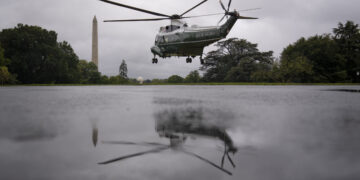
January 9, 2025





